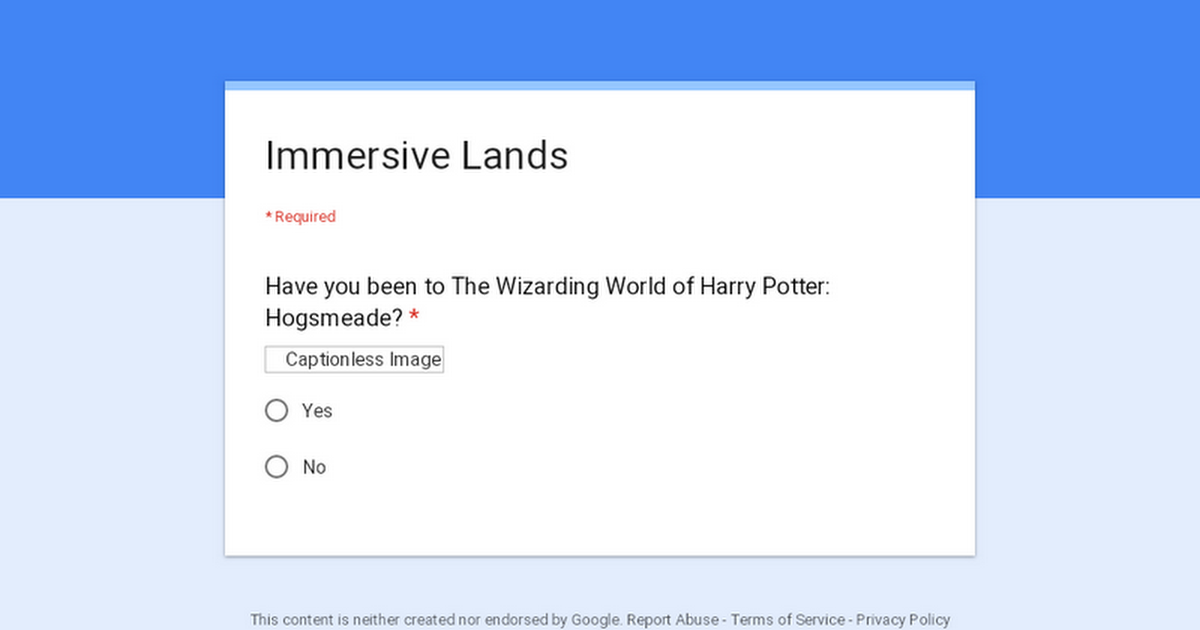I'll just post a couple paragraphs that explain it:
Csikszentmihalyi asserts that humans only have a certain amount of processing power, equivalent to about 110 bits of information per second. He observes that artists feel a sense of ecstasy when all of their energy and processing power is put towards creation, as they don’t have the computational power to focus on worries and any experiences that aren’t in the present. He defines this state as “experience flow.” In this state of ecstasy, “we are participating in a reality that is different from that of the everyday life that we’re used to.” This flow can be further extended past artistic creation, into enveloping experiences. With an immersive world, and a level of stimuli that can only be accepted in this other reality, one is brought away from the qualms of everyday life and severed from the human world they know. In this sense, to achieve immersion in a theme park setting, a world must nearly ubiquitously induce this state of flow, without guests having to work around blind spots and without having to ignore any stimuli that doesn’t feed into the story. This notion excludes the non-realistic and the fourth wall breaking attractions from immersion, and with a guest’s ability to choose where to focus, must also exclude that which doesn’t add to the world (warehouse ceilings, exposed structural beams, flat cut outs of characters, etc).
Suspension of disbelief mustn’t be needed for immersion in theme parks. In the theatre, the audience must ignore that they are sitting in a comfortable chair watching the action from before, and believe that it is unfolding in a natural way. They must ignore the non-linear, they must ignore the calculated spotlight that follows the character, they must ignore the blackouts and changes of scenery, they must ignore all of this to be immersed in the story. This ignorance can’t apply to the definition of immersive lands, as from the moment a guest steps into the land, they must be immersed effortlessly. Suspension of disbelief can only be subconscious, and merely apply to the existence of the elements of the land; the knowing that magic doesn’t exist, or that aliens don’t speak English, or that mountains can’t really float. Suspension of disbelief can apply to conventional knowledge of how the world works, not suspension of disbelief applied to presentational methods.
So, a standard definition to apply in the rest of the paper can be defined as follows. Immersion, as it applies to immersive lands in theme parks, is the inducing of flow, the 360 degree envelopment of an environment, the realism of the fantastical, and the ability to immerse with little suspension of disbelief. Under this lens, immersive lands will be evaluated thusly.
(Quotes and citations to be added later)

 forms.gle
forms.gle
 forms.gle
forms.gle
